Bruny Island like all islands, has its own magic. I think there's something about the people who find themselves on islands, and then of course there's something about how evolution has led to the nature on islands, it is always just very special. So I find that I've island hopped around the world a lot.
Bruny has such a high concentration of birds and animals, the landscape is phenomenal. It's pretty much Tasmania condensed down into a smaller space.
We have a bit of everything on the island and then the people are glorious as well, a real sense of strong community. So all in all it just ticked all the boxes.
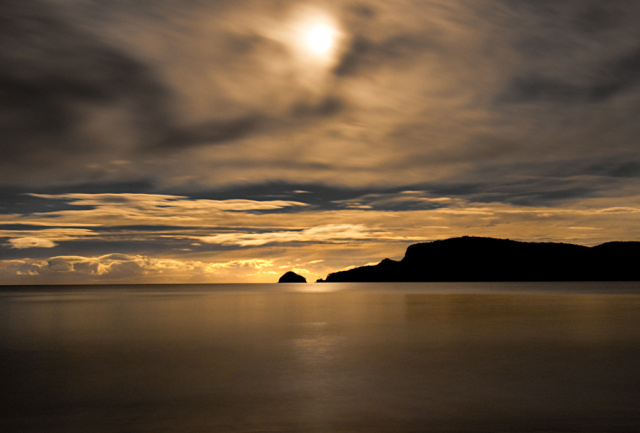
Bruny is the island off the island, off the island. We are at the bottom of Australia and we're at the bottom of Tasmania. So it's only two hours drive from Hobart to be in the very depths of the south of Bruny Island, but you are stepping into quite a separate world from Tasmania.
You have all 12 endemic birds on the island. Normally you'd have to cover quite a large distance on the Tasmanian mainland to find that many, 12 endemics.
But here on Bruny, you can find them very close by each other because we have such diverse habitat types so close to each other. Especially in this valley here at Inala.
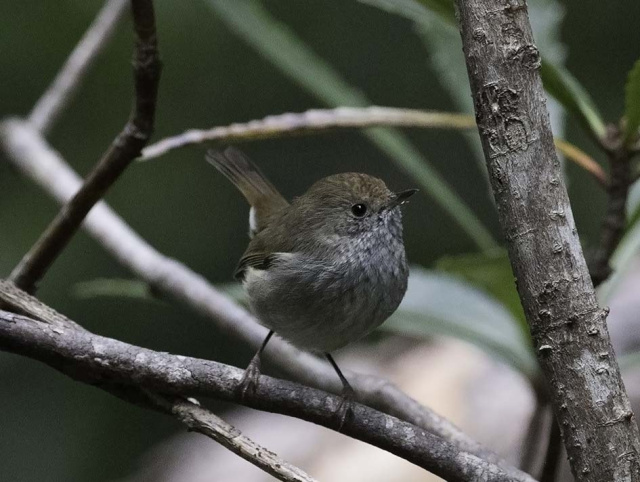
On Tasmania and on Bruny Island, we go from wet sclerophyll to dry sclerophyll to alpine heath to coastal heath to temperate rainforest, in matters of kilometres sometimes.
Then, the landscape - we have all these sweeping vistas with the ocean and the mountain right next to each other. You find yourself down at the lighthouse at the bottom of Bruny and you can see the bottom of Australia from there.
You're so quickly transitioning through these amazing habitat types and each habitat type has got specialist birds and animals. If you have all those habitat types closer together you just have so many more birds and animals closer together.
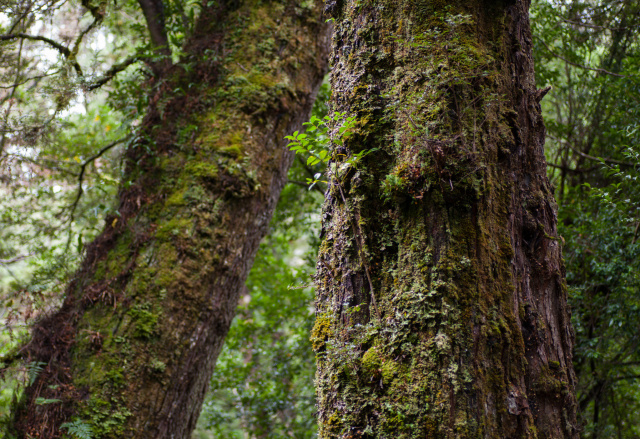
And then of course the wonderful generalists who can cope with multiple habitat types. On Bruny I feel I'm always moving through these liminal spaces where things are just so exciting, on the edges of one habitat type or another.
You can basically see Antarctica over the horizon if you look far enough. And you can definitely feel it in that raw icy wind coming off Antarctica. It's a place where everything is very visceral.
You're smelling such sweet smells, smells from the Eucryphia and you're feeling such intense feelings as the wind pummels you on the top of the cliffs. It's just a place that you feel very alive and you feel nature feeling very alive around you.
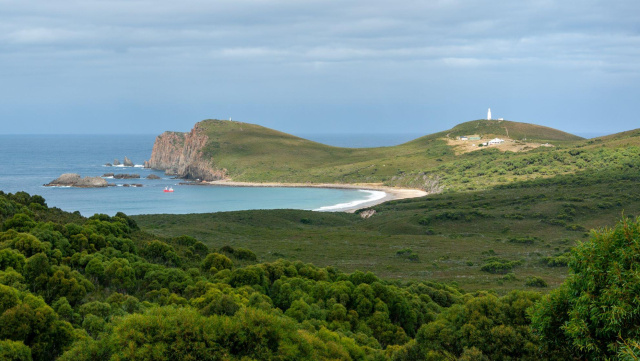
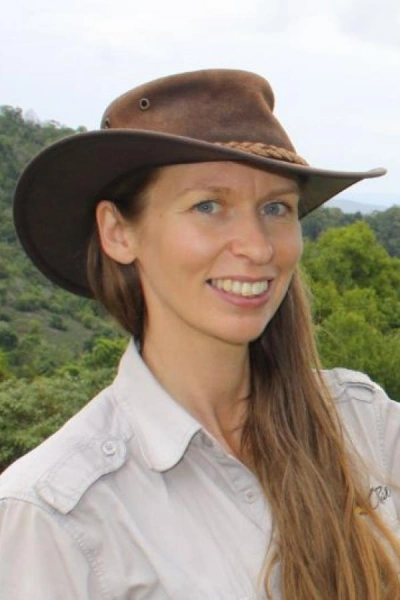
Cat Davidson
Ecology and Birding Tour Guide
Bruny Island like all islands, has its own magic. I think there's something about the people who find themselves on islands, and then of course there's something about how evolution has led to the nature on islands, it is always just very special. So I find that I've island hopped around the world a lot.
Bruny has such a high concentration of birds and animals, the landscape is phenomenal. It's pretty much Tasmania condensed down into a smaller space.
We have a bit of everything on the island and then the people are glorious as well, a real sense of strong community. So all in all it just ticked all the boxes.

Bruny is the island off the island, off the island. We are at the bottom of Australia and we're at the bottom of Tasmania. So it's only two hours drive from Hobart to be in the very depths of the south of Bruny Island, but you are stepping into quite a separate world from Tasmania.
You have all 12 endemic birds on the island. Normally you'd have to cover quite a large distance on the Tasmanian mainland to find that many, 12 endemics.
But here on Bruny, you can find them very close by each other because we have such diverse habitat types so close to each other. Especially in this valley here at Inala.

On Tasmania and on Bruny Island, we go from wet sclerophyll to dry sclerophyll to alpine heath to coastal heath to temperate rainforest, in matters of kilometres sometimes.
Then, the landscape - we have all these sweeping vistas with the ocean and the mountain right next to each other. You find yourself down at the lighthouse at the bottom of Bruny and you can see the bottom of Australia from there.
You're so quickly transitioning through these amazing habitat types and each habitat type has got specialist birds and animals. If you have all those habitat types closer together you just have so many more birds and animals closer together.

And then of course the wonderful generalists who can cope with multiple habitat types. On Bruny I feel I'm always moving through these liminal spaces where things are just so exciting, on the edges of one habitat type or another.
You can basically see Antarctica over the horizon if you look far enough. And you can definitely feel it in that raw icy wind coming off Antarctica. It's a place where everything is very visceral.
You're smelling such sweet smells, smells from the Eucryphia and you're feeling such intense feelings as the wind pummels you on the top of the cliffs. It's just a place that you feel very alive and you feel nature feeling very alive around you.

You might like...

Bruny Island launch: Cat Davidson on falling in love with Nature

An irreplaceable connection to place

Rare and elusive: the two Bruny birds on visitor wish lists

Bruny Island launch: Dr Tonia Cochran on its global significance
Newsletter
Sign up to keep in touch with articles, updates, events or news from Kuno, your platform for nature
